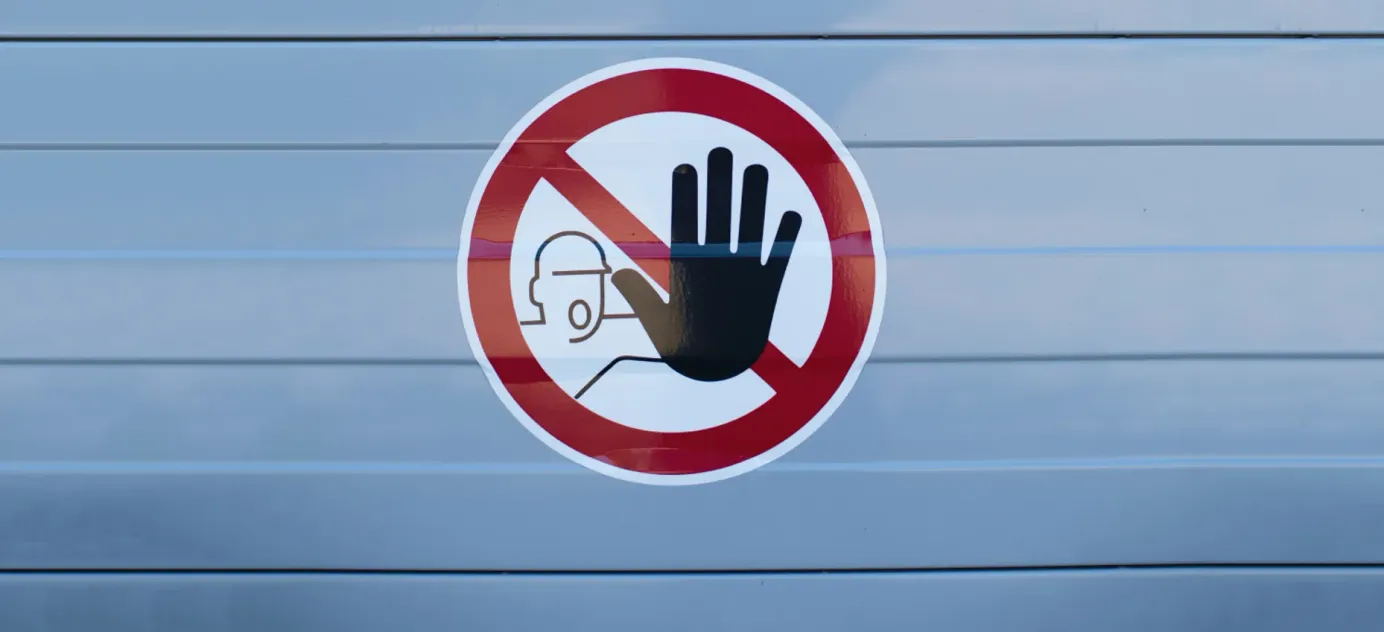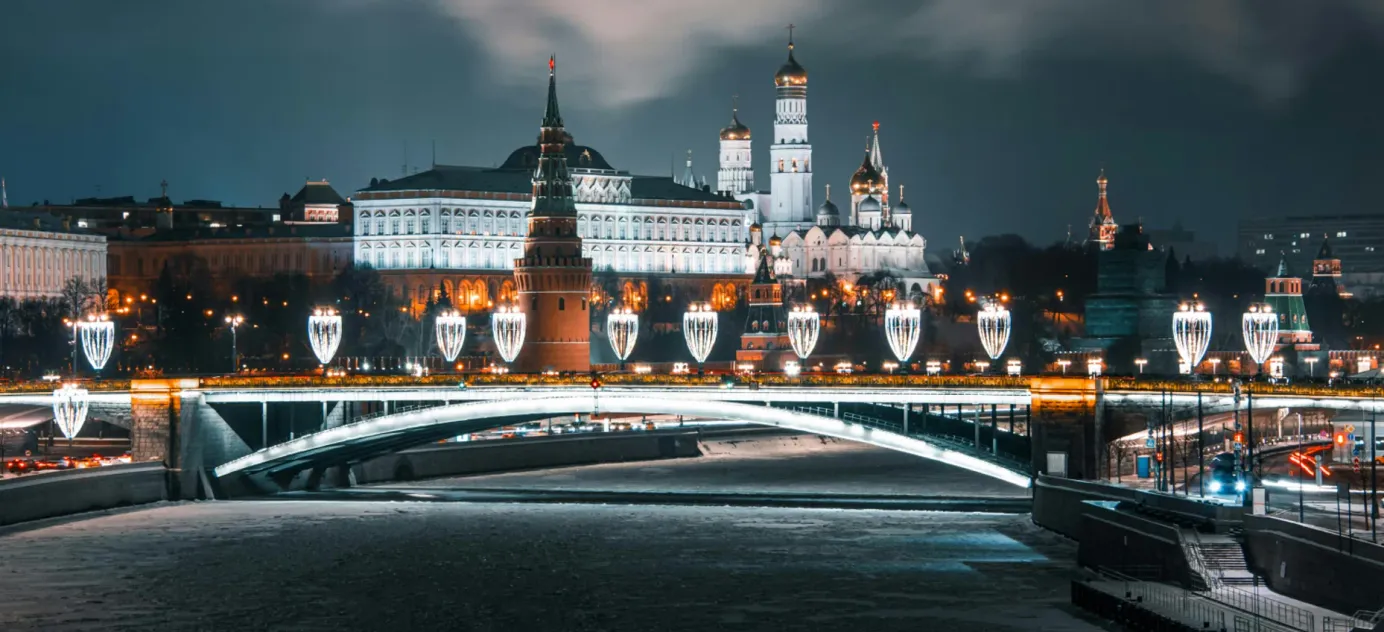
A new wave of repression on media outlets — and their readers
As was widely expected, Russia’s security forces have started cracking down on the Kremlin’s perceived opponents and enemies with renewed vigor following the presidential election. In the span of just a few days, three journalists from well-known Russian and international media outlets — Forbes Russia, Reuters and the Associated Press — were detained. At the same time, readers have been fined for quoting independent media organizations that have been labeled “undesirable” — repeat offenders can be jailed.
- Russia has arrested three journalists since last Friday. Forbes Russia journalist Sergei Mingazov was arrested in the Far Eastern city of Khabarovsk on charges of spreading false information about the Russian armed forces — punishable by up to 10 years in prison. He was accused of reposting a message in his personal Telegram channel about Russian soldiers massacring civilians in the Ukrainian town of Bucha in 2022.
- Over the weekend, two more cases emerged about the arrest of Russian video journalists who had worked with foreign media outlets — producer Konstantin Gabov, who had worked with Reuters, and cameraman Sergei Karelin, who worked with the Associated Press, and previously with Deutsche Welle. Both are accused of participating in an extremist organization — specifically, shooting videos for the YouTube channel of Alexei Navalny’s banned Anti-Corruption Foundation. The offense carries a possible six-year prison sentence.
- Both Gabov and Karelin are Russian citizens (though Karelin also has an Israeli passport), so it is unlikely the pair will be added to the “fund” of those being arrested in order to negotiate exchanges for Russians imprisoned abroad. Instead, we can assume that the authorities are rounding up all journalists they see as linked to Navalny. In March, SotaVision video journalist Antonina Favorskaya was arrested on similar charges.
- The Russian authorities are also tightening the screws against readers of independent media outlets that have been labeled “undesirable.” The designation is a level up from the “foreign agent” badge and criminalizes people not only for working with organizations but also for “participating” with them in any way — including quoting or reposting articles.
- Mediazona analyzed court rulings related to breaches of the “undesirable” law and found that in 2024 the number of cases related to independent media outlets surpassed that of religious organizations for the first time. So far this year courts have issued 19 rulings against people found guilty of participating with “undesirable” media organizations — 12 of them concern Meduza. The most frequent cases were prosecutions of people for reposting articles, but they also targeted employees and sources.
- Initial prosecutions for breaching the law results in a fine of between 5,000-15,000 rubles ($50-150). However, those found guilty of two breaches in a year can be sentenced to prison for four years.
Why the world should care
Dozens of media outlets have been named “foreign agents”, but only a few are “undesirable” at the moment. The next step in the Kremlin’s crackdown on independent journalism is to name any outlet it doesn’t like as “undesirable,” effectively criminalizing the dissemination of their articles in Russia and the sharing of them by anybody inside the country.





